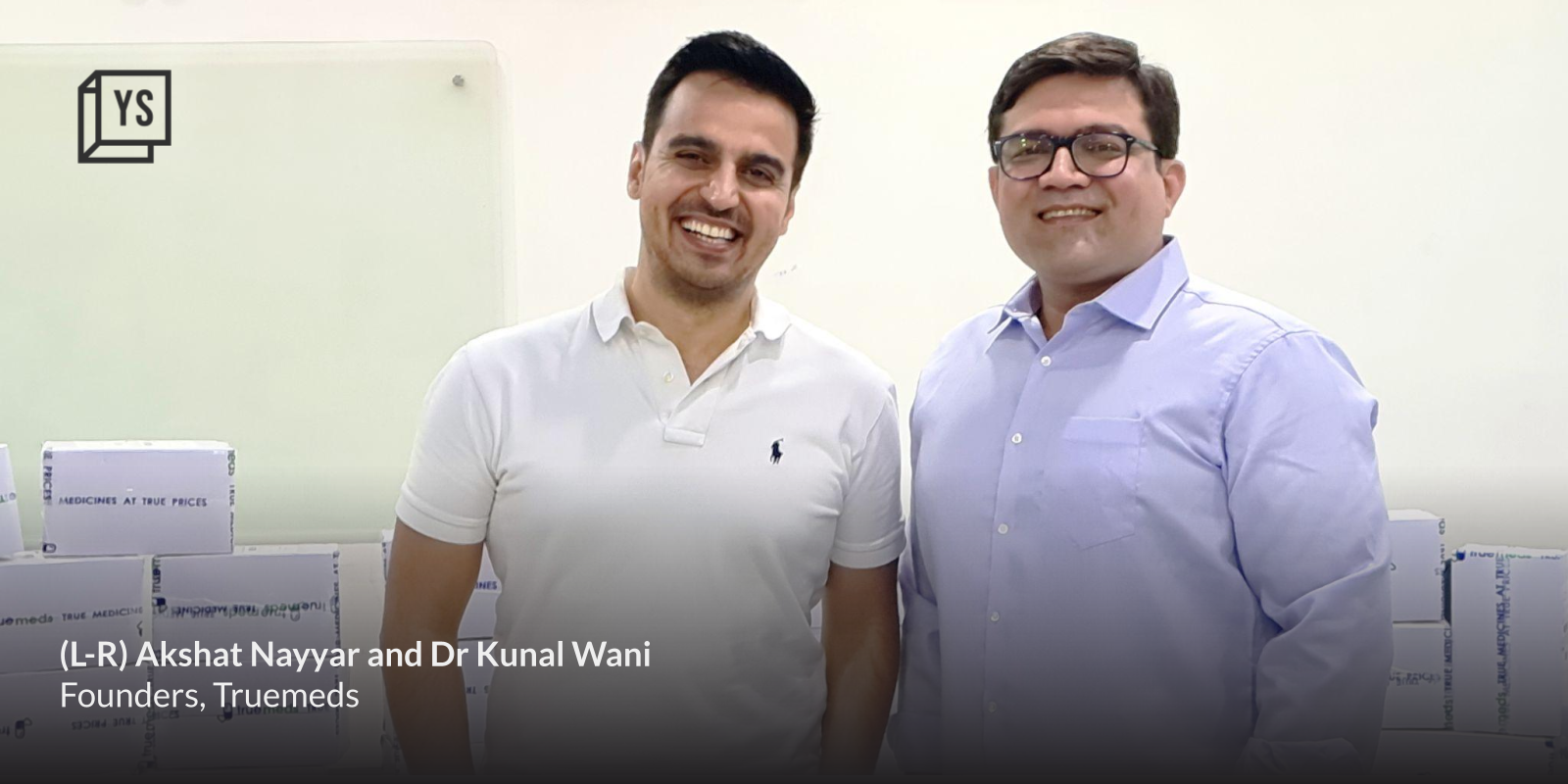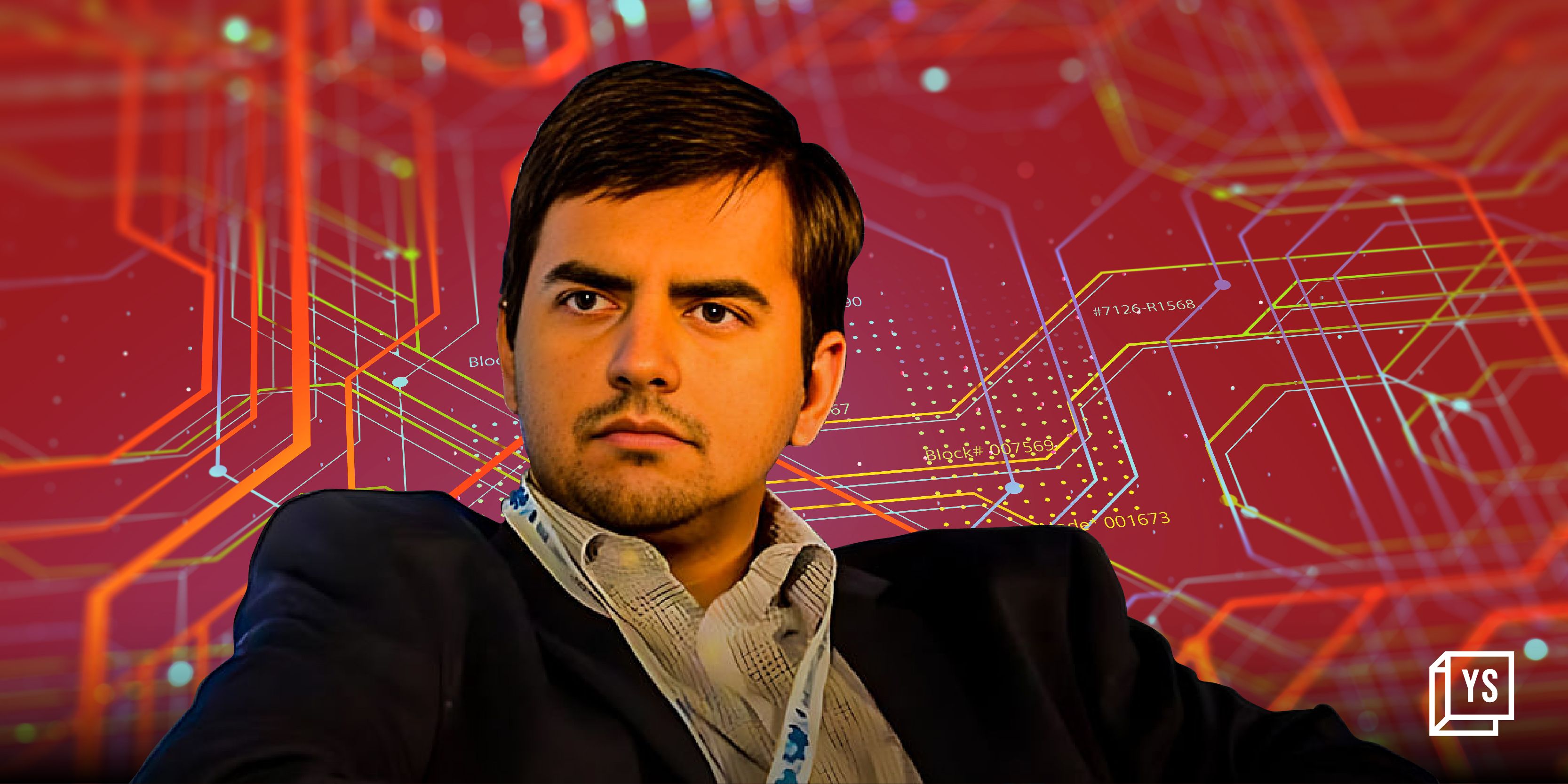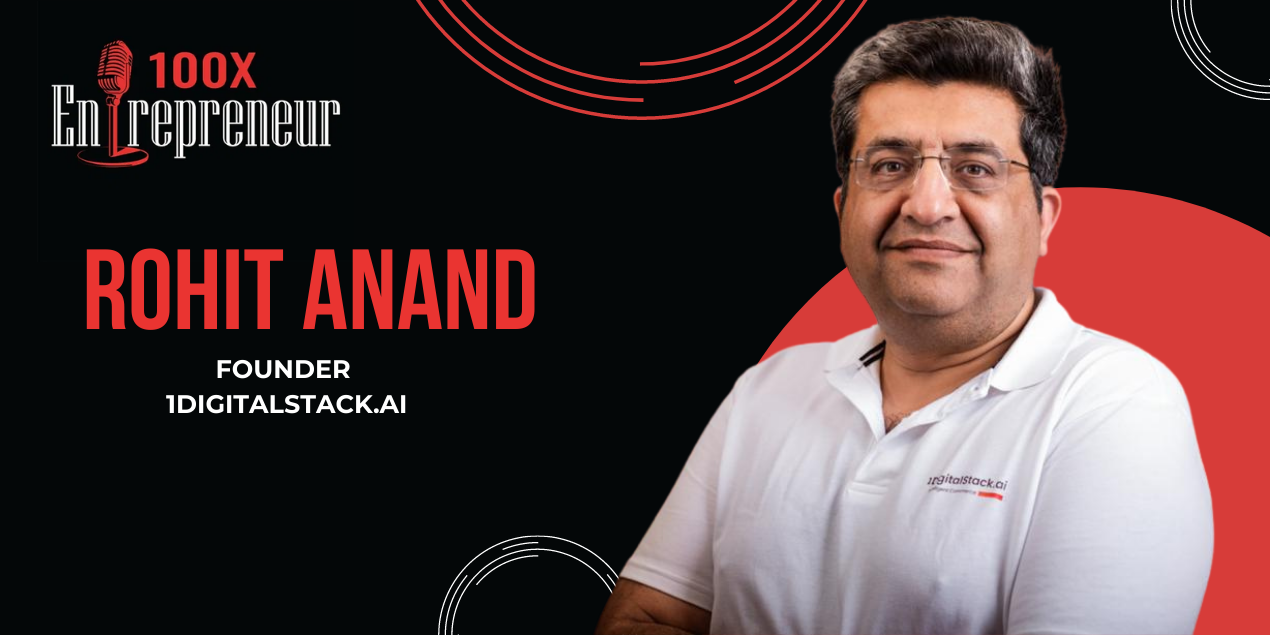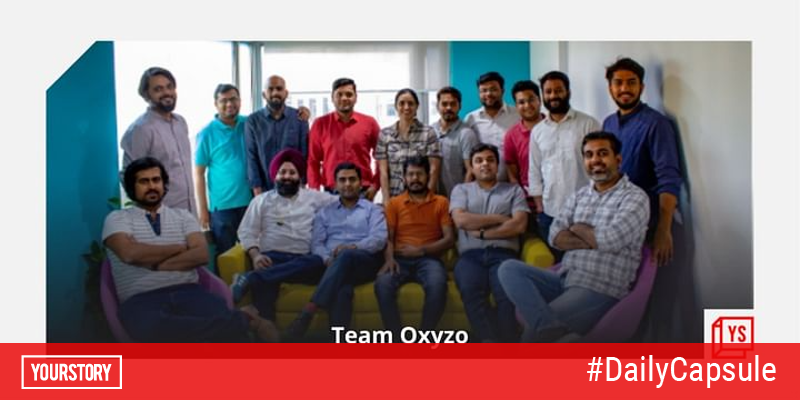[Book Review] The Start-up of You: Adapt to the Future, Invest in Yourself, and Transform Your Career
Friday January 25, 2013 , 8 min Read
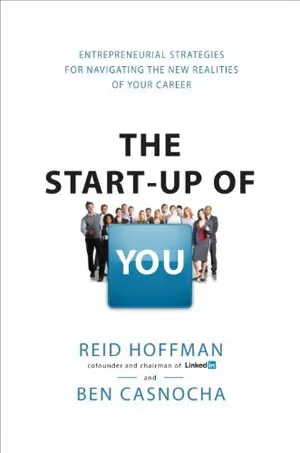
7 chapters, 260 pages
2012 Randhom House / Crown Business (Amazon)
“All humans are entrepreneurs” is the key thrust of this practical book, which goes on to provide useful lessons to readers for thriving in their jobs and building careers by applying the lessons of Silicon Valley's most innovative entrepreneurs.
The book joins a range of others with the message of "learn, pivot, iterate" (see my list of Top 10 Books of 2012 for Entrepreneurs).
Creative disruption is shaking every industry, global competition for jobs is fierce, and life-long or even long-term job security is a thing of the past. The ‘topple rate’ – the rate at which big companies lose their leadership position – has more than doubled over the past 40 years, according to industry observers John Seely Brown and John Hagel.
The key is to manage your career as if it were a startup business: a living, breathing, growing startup of you. “All of us are entrepreneurs of our own lives. We must act as CEO of our careers, take control of our professional future, and become globally competitive,” the authors say.
The book begins with a powerful quote by Nobel Prize winner Muhammad Yunus: "All human beings are entrepreneurs. When we were in caves, we were all self-employed. That's where human history began. As civilisation came, we suppressed it. We became "labour" because they stamped us "You are labour". We forgot that we are entrepreneurs."
Startups and nimble entrepreneurs have lots of lessons for everyone through their habits and attitudes: they invest in themselves, build their professional networks, take intelligent risks, and even make uncertainty and volatility work to their advantage.
Reid Hoffman is co-founder of LinkedIn and a partner at Greylock. He serves on the boards of Airbnb, Edmodo, Mozilla (Firefox), Shopkick, Swipely, Wrapp and Zynga. He has co-led investments in Coupons.com, Groupon, and Viki. His prior angel investing Facebook, Flickr, Last.fm, and Zynga. Reid also serves on the boards of Kiva.org, Endeavor.org, DoSomething.org, and StartupAmericaPartnership.org.
Ben Casnocha is the author of ‘My Startup Life’ and has been an entrepreneur since the age of 12. He is also founder of Comcate, an e-government technology firm. In 2006, BusinessWeek named him one of the best young entrepreneurs in the US.
Not everyone should start companies, but everyone must be the entrepreneur of his or her own life, the authors explain. This calls for a balance between flexibility and persistence, adaptability and tenacity, self-reliance and networked behaviours, right and wrong kinds of patience.
“Silicon Valley's most innovative entrepreneurs possess unique skills -- you can learn them and apply them, no matter your profession,” the authors claim. Entrepreneurship is a lifelong and global idea, and networks help build long-term intelligence resources and collective action. I have summarised some of the key principles of the book in Table 1 below.
Table 1: Career Principles from Startups
“For entrepreneurs, finished is an F-word. Great companies are always evolving. Finished ought to be an F-word for all of us. We are all works in progress. Each day presents an opportunity to learn more, do more, be more, grow more in our lives and careers. You will need to adapt and evolve forever -- that's permanent beta,” according to Hoffman.
Netflix is a good example of a company in ‘permanent beta’ – it began by mailing rental DVDs, and evolved into a streaming service for TV shows and movies (interestingly, they were ‘laughed out’ of the office of Blockbuster in 1999, which eventually went bankrupt). Gmail launched in 2004 but left official beta only in 2009.
“Permanent beta is essentially a lifelong commitment to continuous personal growth. Adaptability creates stability,” the authors explain.
The authors give numerous other examples of adaptive companies. For example, Flickr actually started off as an online game called Game Neverending, but discovered that the photo sharing feature was the most popular and made that its main focus; it was later bought by Yahoo.
PayPal began as a digital wallet service but moved on to an online payment transfer service. The author Reid Hoffman himself moved away from his original dating site SocialNet.com, to create LinkedIn.
The old adage about "ready, aim, fire" has been supplanted with "aim, fire, aim, fire, aim, fire.” The authors also warn readers not to get too complacent about their successes and skills thus far, given the competitive nature of the globalised world where new challenges (and opportunities) can arise from a number of emerging economies. The book stresses the importance not of a grandiose life-spanning ambition, but a series of evolving plans and adaptive steps along the way.
The book, of course, is also a soft-sell for LinkedIn. Some of the material can be easily skimmed, and I wish there were more visuals in the book. There is an online companion and a Twitter handle as well.
The most useful chapters are on creating networks and tapping them for regular and strategic activities, and much more material on the dynamics and analytics of online business networking would have helped, including identifying emerging trends and research areas.
The book opens the door to other researchers to uncover success formulas from entrepreneur hubs elsewhere in the world and in sectors other than IT, and also find more anecdotes from less-privileged and non-mainstream professionals and entrepreneurs about how such intelligent networking principles helped them.
“Society flourishes when people think entrepreneurially,” the authors claim. The Internet and social media are increasing the number, intensity and global spread of member connections in social and professional networks.
“Networking has been replaced by intelligent network building,” the authors add. They explain that individual as well as group efforts are needed for success, referred to as Iwe (I to the power of we). Much more self-reflection is needed to succeed and adapt in today’s world, as well as inputs from other ‘sounding boards.’
The book builds on other work in the field, such as Tom Peters’ 1997 article, The Brand Called You (Peters also pioneered the concept of ‘You, Inc.’), Tim Harford’s book Adapt, Richard Koch’s Super Connect, Guy Kawasaki's The Art of the Start, Daniel Pink’s Free Agent Nation, and Marci Alboher’s One Person, Multiple Careers.
In sum, this is a useful book on self-determination and self-realisation in professional and entrepreneurial life, leveraging the tools of 21st century digital media. “You need to stay young and agile; you need to forever be a startup,” the authors conclude. “For life in permanent beta, the trick is to never stop starting. The startup is you.”
Here are some useful quotable quotes cited in the book:
“It's always Day 1 in the world of the Internet and of Amazon.” - Jeff Bezos, Amazon.com
"Being an entrepreneur isn’t really about starting a business. It’s a way of looking at the world: seeing opportunity where others see obstacles, taking risks when others take refuge.” - Michael Bloomberg
“Silicon Valley revolutionises entire industries through the way we work. It is now time to export our playbook to the rest of the world.” - Marc Andreessen, co-founder Netscape
“The startup approach to life is necessary.” - Jack Dorsey, co-founder of Twitter and Square
[Follow YourStory's research director Madanmohan Rao on Twitter]







